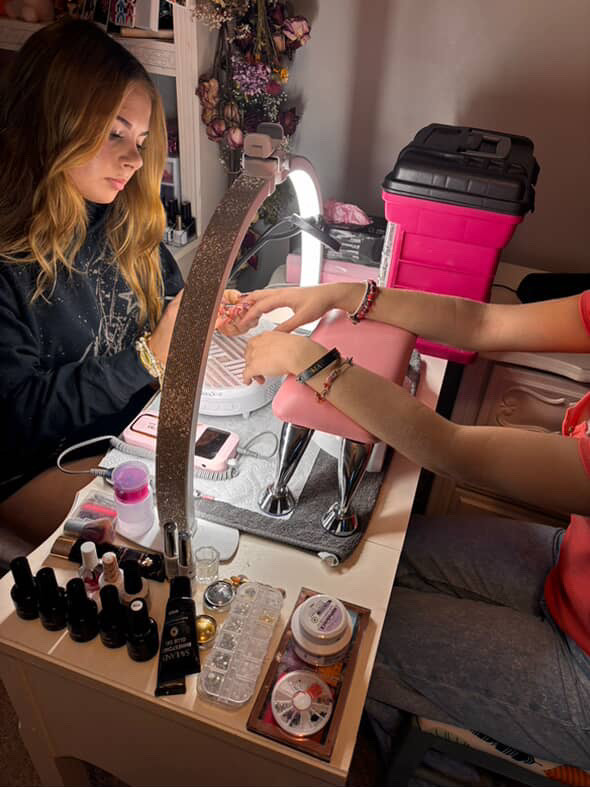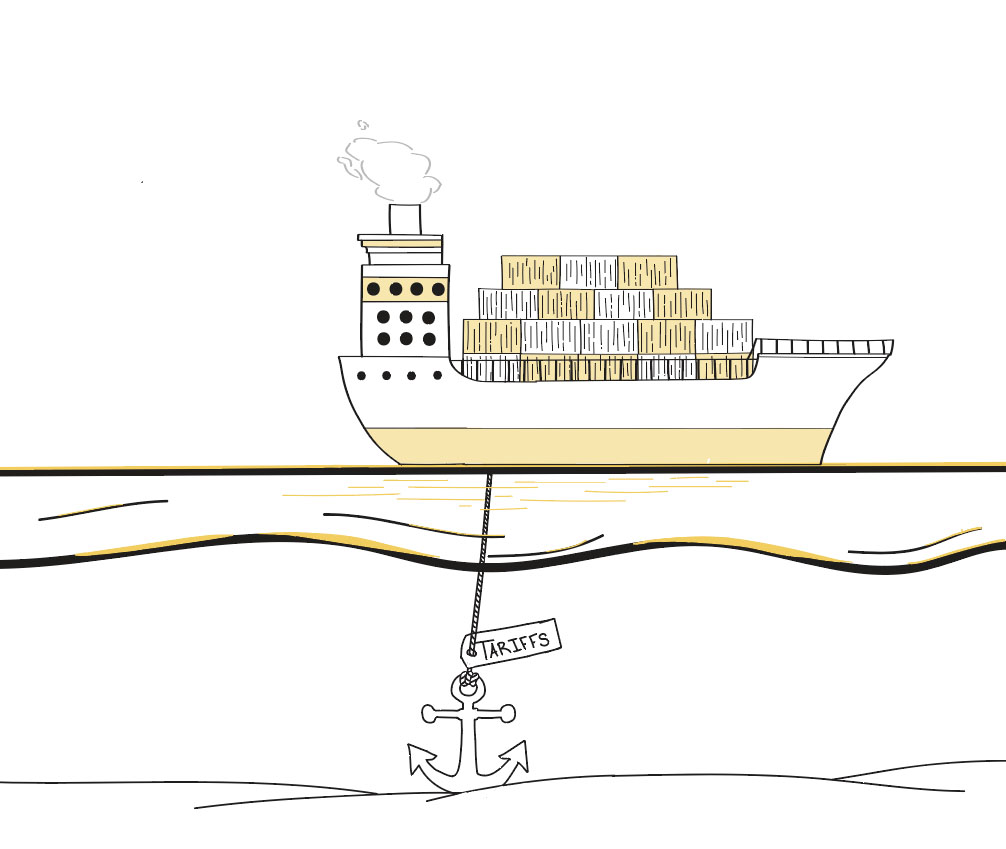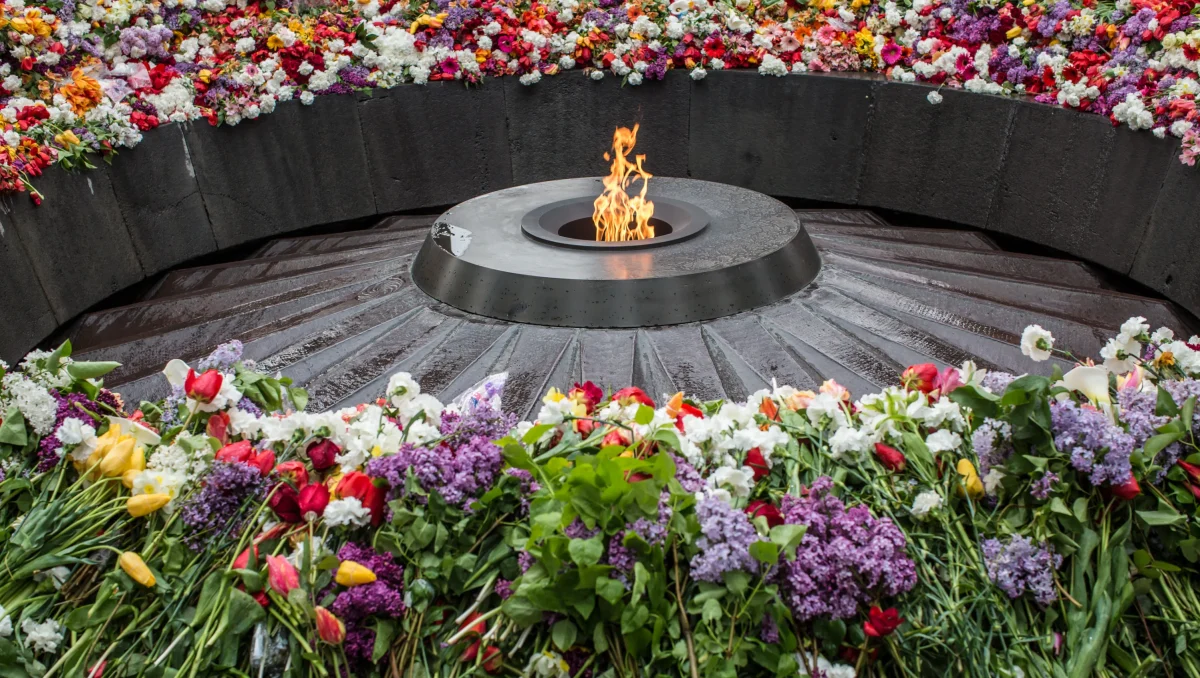
We have always been told how to look for a bully. In popular media, it’s always the misunderstood teenager who gives freshmen swirlies or shoves them in lockers. But today’s social media has created a slew of new opportunities to spread hate. Platforms like Facebook, Instagram, and TikTok advertise themselves as a place to create and share posts about the things we like with others who have similar interests. What they don’t advertise is the epidemic that infests the comment sections. It can be hard to recognize this new form of bullying too. Ever see the comment “Smile, we’re in the original.” Or a crude statement deceivingly surrounded by hearts and fairy emojis? Instead of calling someone a rude or offensive name, bullies now craft these cryptic statements that scratch deeper than the surface once the creator realizes people aren’t laughing with them, they are laughing at them.
It’s not just the people crafting these mean comments who are to blame. Have you ever found yourself liking one of those comments? Laughing along with the comment sections? You don’t have to answer the question, we know you’ve done it. We all have done it. As teenagers, we’ve been given access to social media with no instruction manual, forcing us to adapt to the culture of what it means to be online. The average person spends about 151 minutes online each day according to a data website, Statistica. In those two hours, it’s easy to forget you are engaging with real people, with real lives, with real feelings. What you say to someone in the comment sections often has an impact on their mental status. People can truly begin to believe the hateful comments they see online, leading to an increase in anxiety and depression according to an MIT study. When you like a mean comment, it’s not any better than actually writing the mean thing yourself. You are still participating in the act of bullying. In the real world, harassing people is not normalized, but on social media it’s almost expected, a common occurrence that people often don’t think twice about.
Bullying online has become casual, a trend we have become too comfortable with and it’s time to get uncomfortable. Instead of engaging with rude comments we find in the comment sections, we need to be doing our due diligence and reporting hate speech or harassment. Don’t respond to bullies or encourage the algorithm to share the content with more viewers by liking and sharing. It’s easy to hide behind a screen, to pretend to not see the hatred that infests social media communities. But when we don’t correct the injustices we see, we become complicit. We all have a digital footprint. We could leave a lasting impression of trying to make social media a more inviting place. Or we could continue to be a part of the problem. The next time you are tempted to like that mean comment on someone’s page, look inward and ask yourself, “How do I want to be remembered?”















